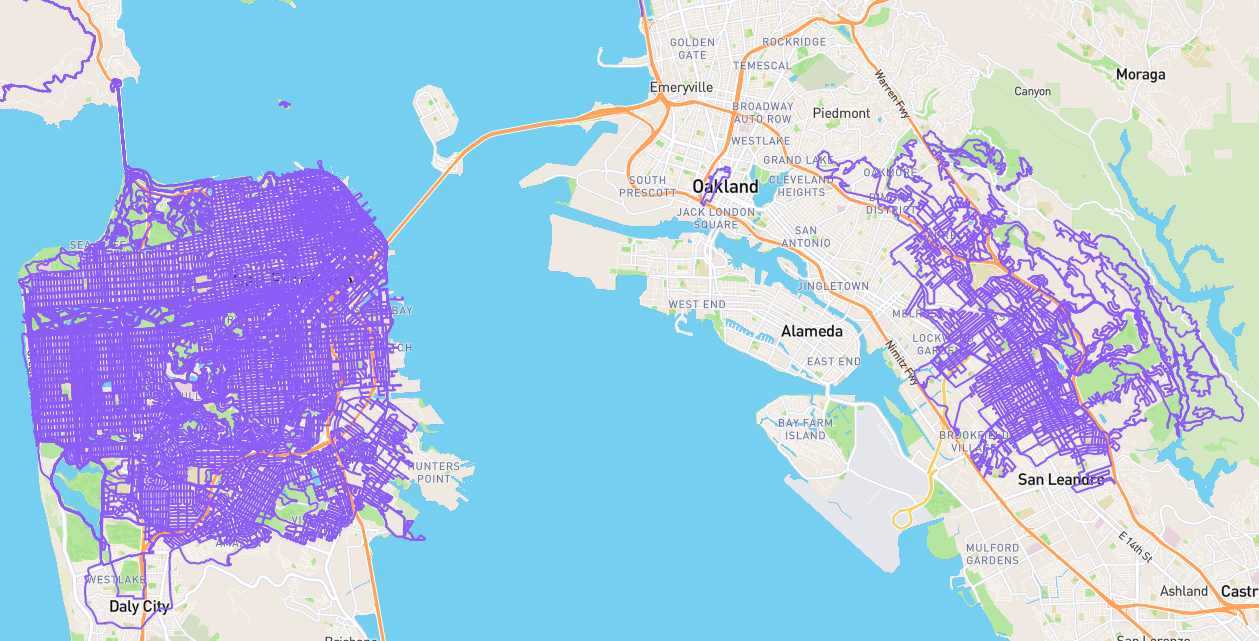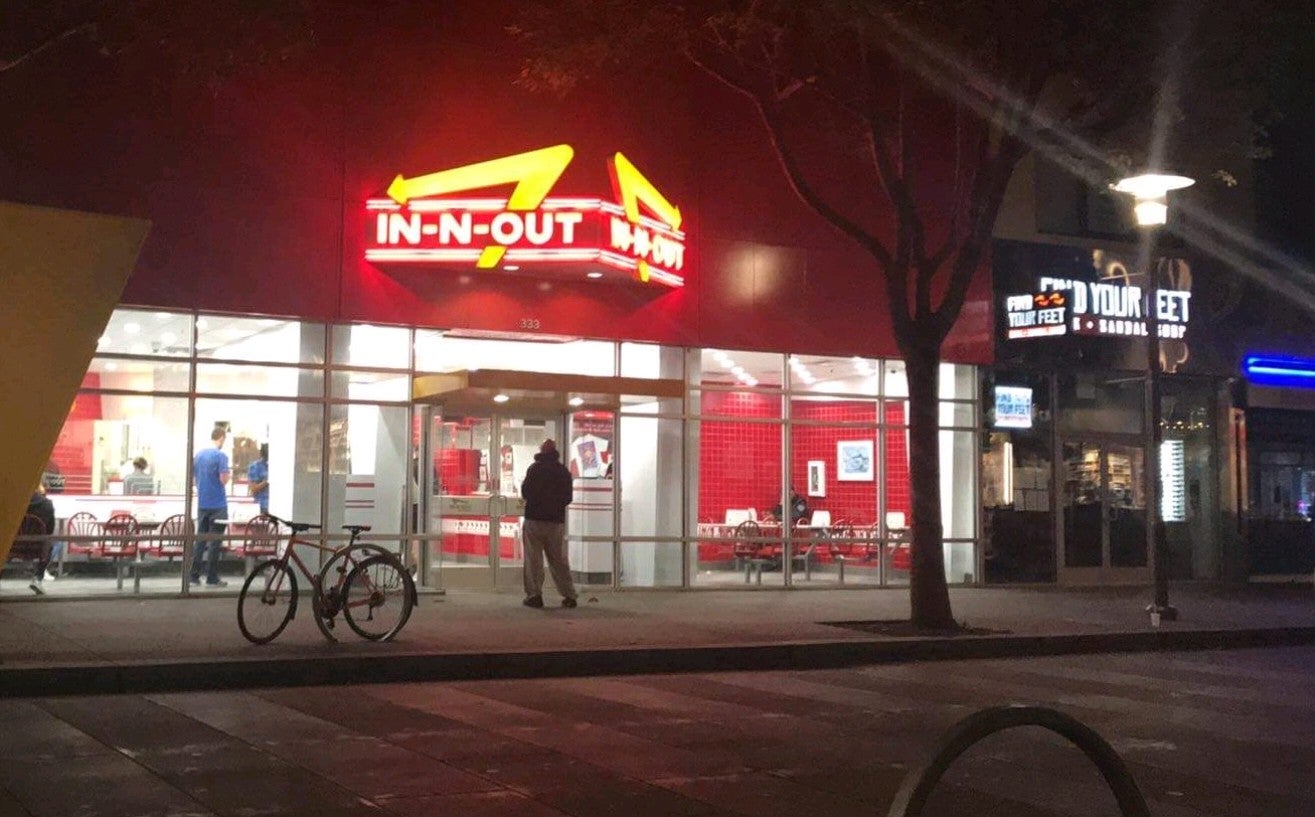Kill private health insurance
David Goldhill’s ideas in The Atlantic are an interesting possibility for a mostly free market driven health care system, but I think outcomes for patients would be better and the transition would be easier with true single payer. Either way, private insurance has to go.
I’m currently in favor of spending whatever it takes to give all Americans full health coverage. The cost will be high, but likely much less than we spend on the military. The benefits of having a healthy population and knowing we treat each other with dignity would be worthwhile. A single payer system would allow standardization and efficiency for better health outcomes while providing the greatest potential to collect and analyze data to determine the best approaches and quickly implement changes.
Goldhill plan
Essentially, the entire Medicare, Medicaid and private insurance industry could be replaced, at greatly reduced cost, with national catastrophic insurance and mandatory health savings accounts. This would enable market forces to drive down the cost of and improve health care, since it would be in the consumer’s interest to spend money wisely.
Health savings accounts
Everyone should be required to contribute a portion of wages to an HSA, which would fund all noncatastrophic care. This money remains the contributor’s property and can be borrowed against and disbursed through inheritance upon death. A credit system would be established for cases when an expenditure exceeds the HSA balance.
National catastrophic insurance program
All citizens should be required to purchase coverage from a single, national program for catastrophic illness. The premium would be based solely on age. Coverage would be provided for expenses in excess of $50,000, and chronic conditions with predictable annual costs above a lower threshold would also be covered. Only a small fraction of those covered should ever need to use the coverage.
There would be no deductible for young people to use this coverage, but as patients age, an increasing deductible would be paid from his or her HSA.
Low income Americans
The government would subsidize payments for those unable to cover all of their catastrophic premiums or minimum HSA contributions. This would cost less than Medicaid currently does, and its functions would already be covered by the above proposals.
Biannual checkup vouchers
The government would cover one checkup every two years to prevent people from delaying since the cost would otherwise be paid from an HSA.
Problems
People will be less likely to seek medical advice for potential problems. People will have varying levels of success researching their options and choosing services even when they do know they are in need.






















